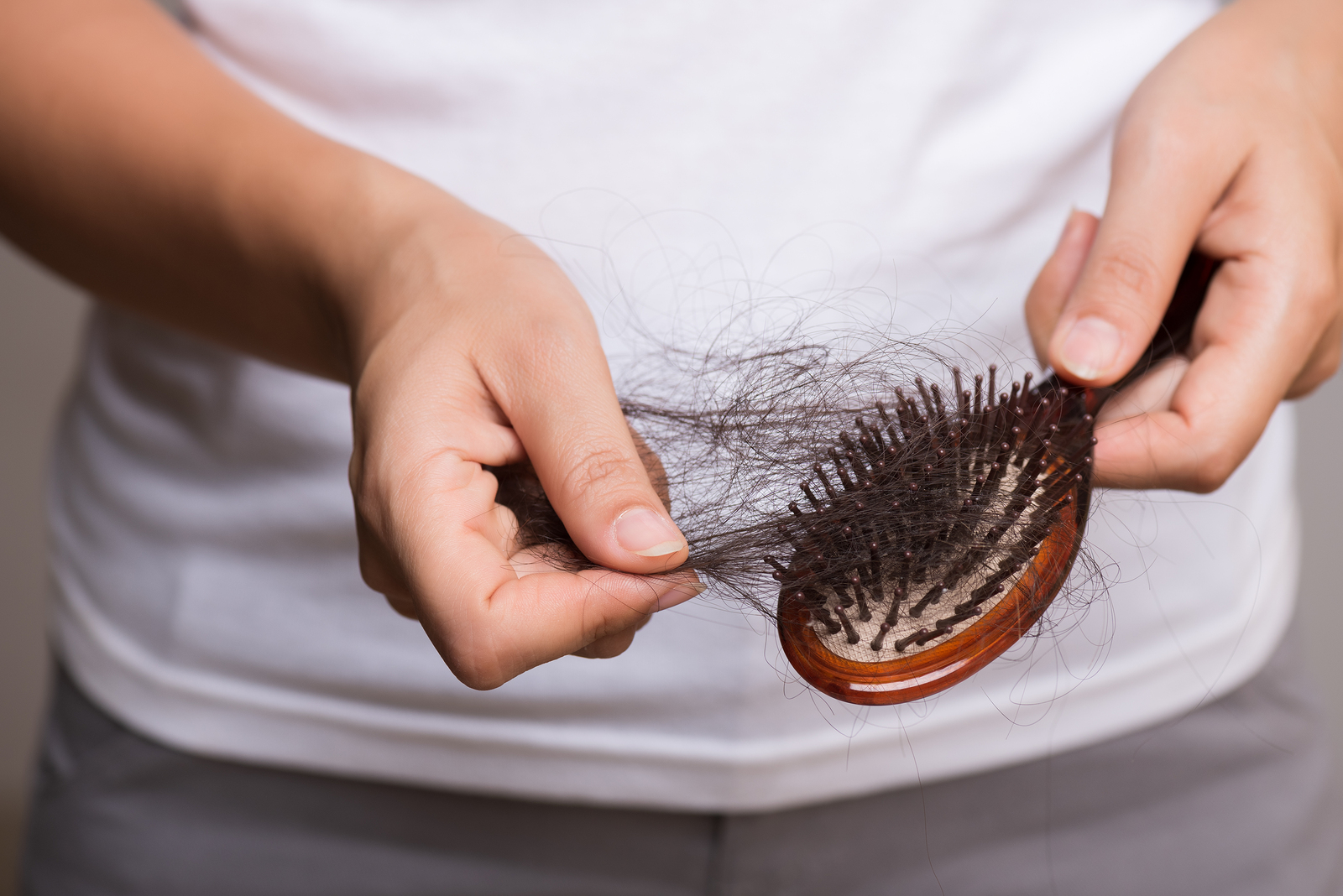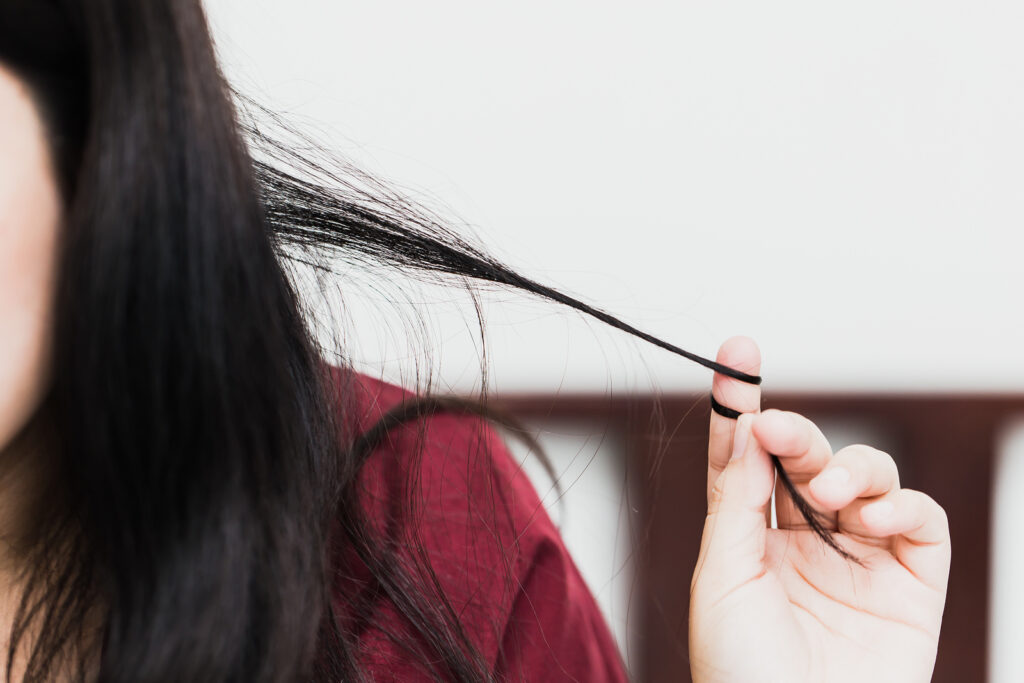
What are Illnesses That Cause Hair Loss in Females?
While hereditary hair loss is the most common cause of balding in both men and women, there can be a number of other reasons for hair loss. Some of these are either only experienced by women or can be more prevalent in women. Here, we will explore both mental and physical illnesses that cause hair loss in females.
Trichotillomania
Trichotillomania is a mental disorder which causes the individual to compulsively pull out their own hair. The pulling of hair can result in patchy hair loss throughout the scalp. While it can affect both men and women, it has been observed to be an illness that causes hair loss in females more, with a ratio of 9:1. While this condition is considered to be underreported, the difference in how the symptoms are expressed can also attribute to a higher incidence of hair loss in women.
According to research, men are more likely to pull hair from their face, arms, and chest. On the other hand, in women the main pulling site is the scalp hair, followed by the eyebrows and eyelashes. Additionally, women have been reported to be more prone to pulling their hair out at the beginning of their menstrual cycle.
Treatments
Trichotillomania is known to be associated with other mental illnesses such as anxiety, depression and obsessive-compulsive disorder. A doctor will be able to diagnose if you have this condition through the DSM-5. It can be treated with behavioural therapy along with medications such as antidepressants and antipsychotics to curb the hair pulling. If the condition results in permanent hair loss and scarring, a hair transplant can be an effective form of treatment.

Polycystic Ovary Syndrome
Polycystic Ovary Syndrome (PCOS) is a medical condition which is a result of a hormonal imbalance. Here the ovaries overproduce androgens and is an illness that causes hair loss in females. These male hormones can cause an excess of body hair growth including facial hair growth, weight gain and infertility.
While hair growth can increase on the body, it can also result in hair falling out from the scalp. The increase in testosterone can result in androgenic alopecia. You may notice thinning hair at the temples and anterior areas of the scalp.
Treatments
Hair follicles can be reinvigorated with certain types of treatments such as Minoxidil, a topical solution applied directly to the scalp or a change in birth control. Certain birth control medications are known to aid in lowering testosterone levels in women with PCOS. However, this often only helps to control the hair growth on the face.
An oral medication called Spironolactone can also be used to help increase hair growth, as seen in this study. In cases of extended shedding resulting in the permanent loss of hair, a hair transplant can be effective at restoring density in this area.

Birth Control Side Effects
Birth control pills are used by millions of women in order to prevent pregnancy. While with PCOS it can help to prevent you from losing hair, for other women birth control pills can lead to hair loss. This is particularly the case for those who are sensitive to hormones found in the pill. It can also be an issue if you have a family history of female pattern hair loss.
Some birth control pills can cause the hairs to move too quickly from the growth phase into the resting phase. This is sudden hair loss is also known as telogen effluvium. It can occur for women when they first start taking the medication, causing thinning hair. It can also occur once they discontinue the pill or switch from one to another.
Treatments
With many forms of telogen effluvium, the advice is to cut out the medication that is causing the hair loss. However, the hair loss from birth control pills will often resolve on its own within a few months. If the hair loss continues, though, you may be advised by your doctor to try Minoxidil to stimulate growth.
You can also try changing pill if you are more prone to hereditary hair loss. There are birth control pills which are lower on the androgen index and can in fact promote hair growth by causing your hair to stay in the growth or anagen phase for longer.
Doctor consultation
There can be pros and cons to each form of birth control, so it’s best to discuss the potential side effects with your doctor. Additionally, you can try a non-hormonal type of birth control if you are concerned about a family history of female pattern baldness (androgenetic alopecia).
Conclusion
While there are types of hair loss, there are some shedding illnesses that are either more prevalent or only found in women. It’s important to diagnose the cause of your hair loss with the help of a doctor in order to best treat it.
Are you worried about your hair loss? Contact one of our specialists today to find out if a female hair transplant can help you. Restore your confidence with a full head of hair thanks to a quick, free and non-binding consultation.


